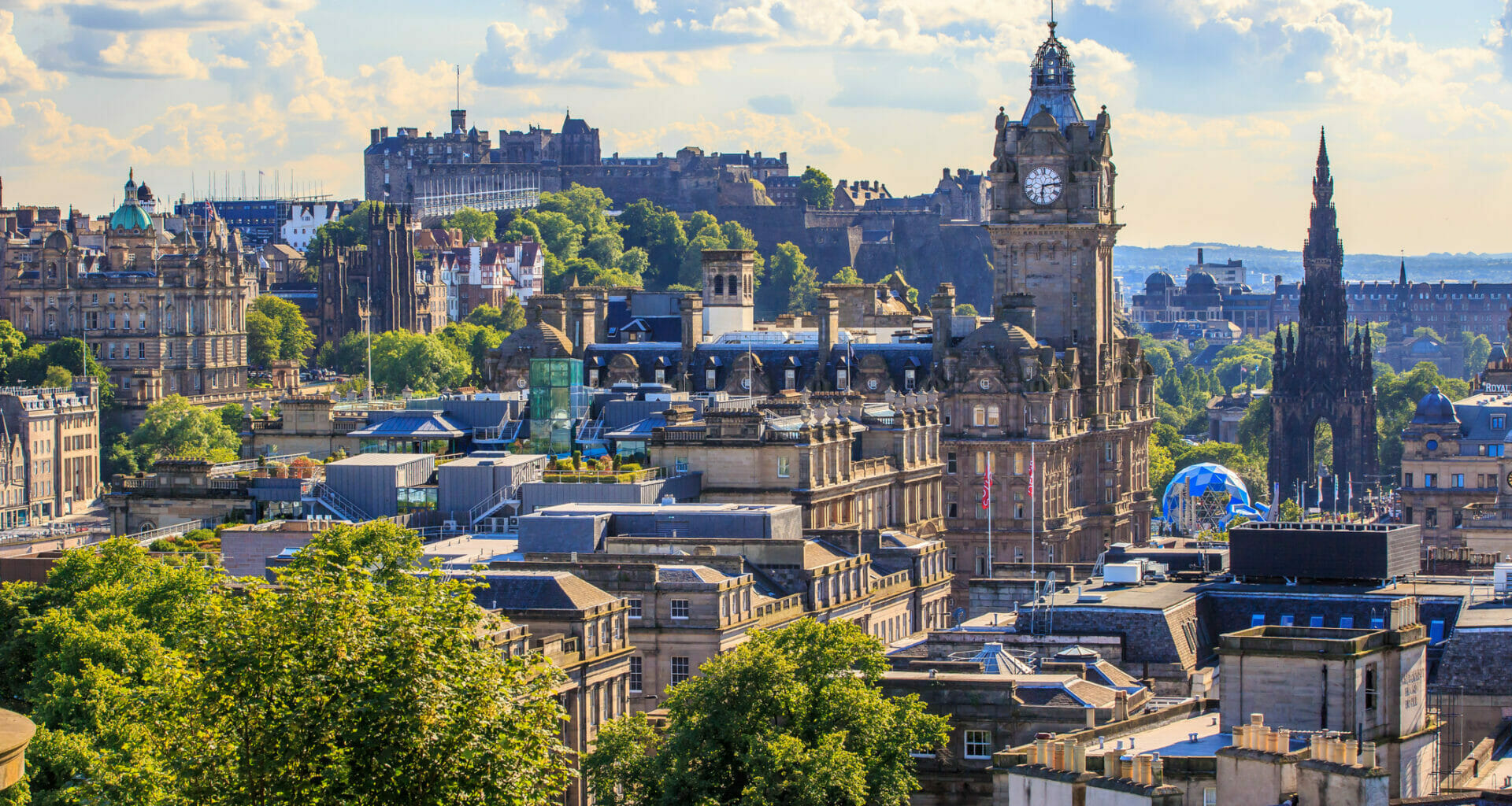Conservative MP Nick Fletcher used a speech in the House of Commons to promote a conspiracy theory about “15 minute cities”, which he called an “international socialist concept”.
The concept of “15 minute cities” or “20 minute neighbourhoods” has been regularly cited by conspiracy theorists in recent months, but this was the first time it had been mentioned in the UK parliament.
Ferret Fact Service examined the issue.

What did Nick Fletcher say?
Fletcher asked the speaker of the house to set aside time for a debate on the “international socialist concept of so-called 15 minute cities and 20 minute neighbourhoods”.
He claimed that ultra low emissions zones were causing “untold economic damage” to cities, and that the next step, “15 minute cities”, would “take away personal freedoms”.
What are 15 minute cities?
15 minute cities are a concept for urban living, popularised and developed by the academic, Carlos Moreno.
The idea is that quality of life could be increased if cities were planned where everything people need can be reached within a 15 minute walk or cycle
In the concept, each neighbourhood area should be able to cater for six social functions: living, working, supplying, caring, learning and enjoying. This is also intended as a response to the climate crisis, by reducing the need for cars to be used for travel.
The 20 minute neighbourhood is a similar idea, where people can access daily needs via a 20 minute walk.
Since the Covid-19 pandemic and lockdowns across the world, the idea has become more prevalent. The Scottish Government has put forward 20-minute neighbourhoods as a goal in its most recent planning framework.
Fletcher mentioned Sheffield as one council where the idea was being pursued, where it has been proposed.
Why is it controversial?
Since the Covid-19 pandemic, references to 15 minute cities and 20 minute neighbourhoods have become an issue for conspiracy theorists, who have claimed the concept is an attempt to restrict personal freedoms.
This has been linked to measures put forward by some local councils in the UK to restrict car use in certain areas. Oxford City Council backed proposals to require permits for private car users to use certain “traffic filters” in the city.
Some campaigners questioned the proposal’s impact on local businesses, and the move was picked up by conspiracy theorists, who claimed the plan is akin to a so-called “climate lockdown”.
Numerous articles on conspiracy websites picked up the story, with one claiming that the council had “approved plans to lock residents into one of six zones to ‘save the planet’ from global warming”. The article called this the “latest stage in the ’15 minute city’ agenda” which will confine “residents to their own neighbourhoods”.
There is no evidence for this. Claims of climate lockdowns are a misinterpretation of the Oxford City Council plan to reduce private car traffic in certain areas to create low traffic neighbourhoods. Citizens will not be forced to stay in zones within a 15 minute radius of their home, as some conspiracy theorists have claimed.
Climate lockdown is a false conspiracy which came to prominence at the end of the Covid-19 lockdowns across the world. It was promoted and brought to prominence by anti-climate change figures and websites, and has become an enduring claim on social media.
How is this linked to other conspiracies?
Posts made by conspiracy influencers and articles on misinformation websites have linked the 15-minute cities concept to broader conspiracies such as the Great Reset and World Economic Forum (WEF).
The WEF is an economic lobbying organisation made up mostly of high value companies. It has significant influence on global economic policy and has close associations with many world leaders.
The Great Reset is an initiative promoted by the WEF which looks at potential reforms and changes to the world’s economy, environmental and social policies as it recovers from the Covid-19 pandemic.
It has been criticised for promoting the idea of handing more power to corporations and supporting market-driven solutions to problems such as the climate crisis and inequality.
It has become a catch-all term for various conspiracies which suggest that the Covid-19 pandemic and climate crisis is being used as a cover to reduce civil liberties and personal freedoms.
Concepts such as the 15-minute city have been associated with environmental reforms pushed by the WEF, and cited as an example of the Great Reset, but there is no evidence to suggest the concept is an attempt to restrict civil liberties.
Ferret Fact Service (FFS) is a non-partisan fact checker, and signatory to the International Fact-Checking Network fact-checkers’ code of principles.
All the sources used in our checks are publicly available and the FFS fact-checking methodology can be viewed here.
Want to suggest a fact check?
Email us at factcheck@theferret.scot or join our Facebook group.














